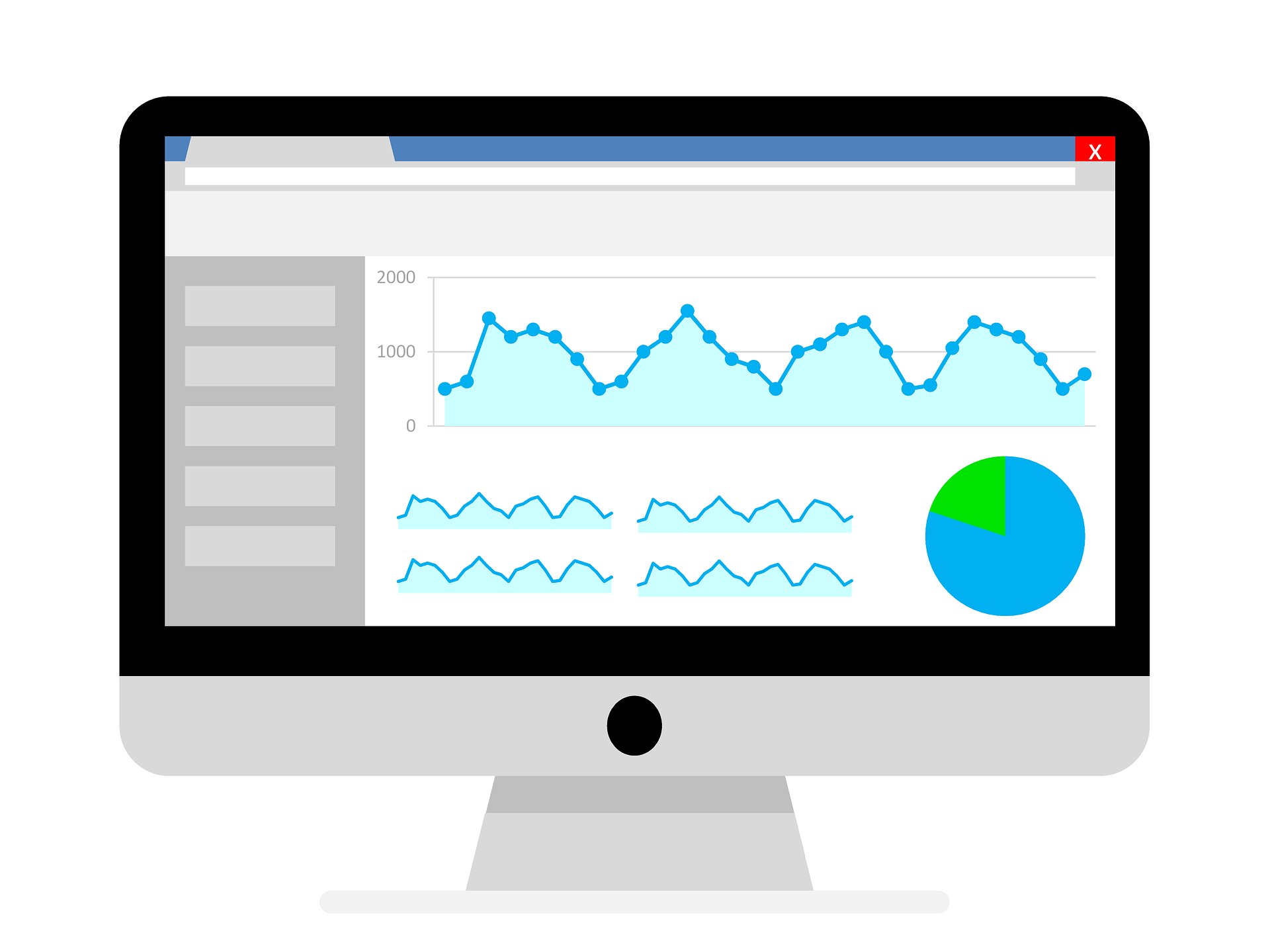
As our society becomes increasingly more data-driven, understanding the benefits of data analytics is essential for businesses. This is especially the case for any businesses looking to leverage online operations to achieve their goals.
What is Website Analytics?
Website Analytics is the practice of tracking and analyzing user behaviour on a website. It involves collecting data from a website to understand how visitors interact with it, such as what pages they visit, how long they stay on each page, and what links they click on. This data can be used to improve website performance and user experience.
Why is Website Analytics Vital for Modern Businesses?
With the increasing volume of data being processed every day, website analytics has become a valuable and somewhat essential tool for businesses to better understand their target audience.
Website analytics helps to track and understand how users are interacting with their websites. By collecting and analyzing data on user behaviour, businesses can gain insights into what is working well on their website and what may need improvement. This may include insights necessary to improve underperforming marketing campaigns, or a better understanding of how their web design is impacting the customer experience. This information can then be used to inform marketing decisions and drive strategy.
What Does Website Analytics Actually Do?
Website analytics can provide information on the most popular pages on a website, the number of time users are spending on each page, and the number of people who are visiting the website. This information can help businesses identify which content is performing well and where they may need to focus their marketing efforts.
In addition, website analytics can provide information on where website traffic is coming from, such as which search terms users are using to find the website and which social media platforms are referring to the most traffic. This information can help businesses understand how their online marketing efforts are performing and where they may need to focus their efforts in the future.
How Does Tag Management Help With Website Analytics?
Tag management is important for accurate analytics because it allows businesses to manage the various tracking codes and scripts used to collect data on their website in a centralized and efficient manner. Without a tag management system, businesses may have to manually add and update tracking codes on their website, which can be time-consuming and error-prone. Moreover, tag management system add-ons such as DataTrue’s testing tools can help to audit and ensure the complete accuracy of your Data.
Having a tag management system in place allows businesses to quickly and easily add and update tracking codes on their website, without the need for extensive technical knowledge or expertise. This can help ensure that the data collected by analytics tools is accurate and up-to-date, providing businesses with reliable insights into user behaviour on their website.
In addition, tag management can help improve the performance of a website by reducing the amount of code that needs to be loaded on each page. This can help improve the user experience and make the website faster and more responsive.
How is Web Analytics Driving Marketing Decision Making?
Web analytics provide marketers with data-driven insights that can help inform their decisions. By analyzing website activity, marketers can gain a better understanding of their customer’s interests and preferences, track the effectiveness of campaigns, and adjust their strategies accordingly. Marketers can also use web analytics to identify areas of improvement, such as optimizing website design or optimizing content for search engine optimization (SEO). By leveraging web analytics, marketers can make more informed decisions that are tailored to their target audience and are more likely to generate desired results. Consequently, these unique insights may lead to higher conversion and even increased retention rates.
How to Leverage Web Analytics for Your Marketing
- Identify Your Target Audience: Analyzing web analytics data can help you determine who your target audience is, their age, gender, location, interests, and other characteristics. This will help you tailor your marketing strategies to reach the right people.
- Track Your Visitors: Knowing where your visitors are coming from and how they’re interacting with your site can help you understand their behaviour and preferences. This will enable you to tailor your website to meet their needs.
- Monitor Your Performance: By tracking key performance indicators such as page views, conversions, and bounce rates, you can gain insights into how your campaigns are performing and where you need to make adjustments.
- Optimize Your Content: Web analytics can help you understand which pieces of content are delivering the most value and which content needs to be improved. This will help you create content that resonates with your audience and drives more conversions.
- Use A/B Testing: A/B testing is a great way to optimize your website and marketing efforts. By testing different versions of your campaigns, you can determine which ones are most effective and improve your results over time.
Overall, website analytics is a valuable tool for businesses to track and understand user behaviour on their website, and the insights gained from this data can be used to inform marketing decisions and drive strategy.
You may be interested in: How to Improve Efficiency with the Right GPS Trackers














